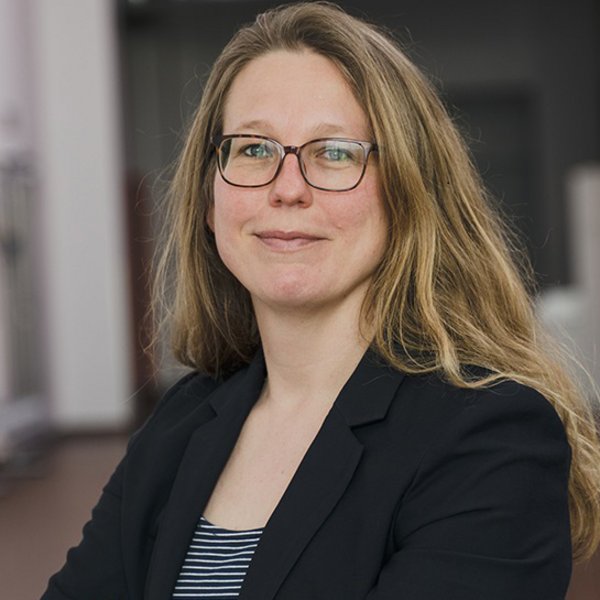Support for Young Scientists
Doctoral students with a degree from a university of applied sciences are no longer an exception. Many so called HAWs or FHs have undergone a profound shift in recent years from pure teaching to a greater emphasis on applied research. This has created an environment that enables scientific work and provides the doctoral students with good conditions for their research. The EAH positions itself as the most research-intensive university of applied sciences in Thuringia. Since universities of applied sciences in Thuringia do not have the right to award doctorates, PhD studies are always carried out in cooperation with a university. As a cooperating university, every university with doctoral rights is eligible. Cooperation agreements exist with the Friedrich Schiller University Jena, the TU Ilmenau and the Bauhaus University Weimar.
Doctoral studies at the EAH
Since a doctorate at the EAH Jena is always done in cooperation with a university, this has the consequence for the doctoral students that their doctoral project is supervised by a professor of the EAH as well as a doctoral father or a doctoral mother of the cooperating university.
The exact course of the doctoral procedure is regulated in the doctoral regulations of the cooperating universities and faculties and thus differs according to the cooperation partner. On an abstract level, however, five "milestones" can be presented that mark the course of a cooperative promotion.
- Definition of the research topic
- Finding your supervisor at the EAH and at the cooperating university
- Admission to the doctorate according to the guidelines of the respective cooperating university or faculty
- Preparation of the dissertation
- Submission and disputation
Doctoral funding by the EAH
The Ernst Abbe University of Applied Sciences offers the possibility of receiving doctoral funding. Particularly qualified graduates of the EAH Jena who have demonstrated a special aptitude for scientific work through above-average study and examination performance are funded for three years to the extent of a 0.5 position. On average, ten doctoral candidates are funded per year. The call for applications is usually published once or twice a year.
Employment as a research assistant
Employment as a research assistant at a university is probably the most frequently used funding model. This often involves employment in a third-party funded project.
Doctoral Scholarships
Doctoral scholarships are usually offered by foundations or scholarships for the gifted. The scholarships of the sponsorship organisations usually run for three years. The Career Service of the EAH provides a good overview of the 13 scholarship organisations. A comprehensive scholarship database can also be found at MyStipendium.
If the doctorate is done in cooperation with a Thuringian university, graduates of universities of applied sciences also have the opportunity to apply for a scholarship from the Thuringian State Graduate Funding. Here, too, the standard funding period is three years. Please contact your cooperative university for information on the call for applications. The legal framework can be found in the Thuringian Graduate Funding Ordinance.
If you have been accepted as a doctoral student at a cooperating university, please register your doctorate at the Service Centre for Research and Transfer. Registered doctoral students also have the opportunity to enrol at the EAH and take advantage of the THOSKA benefits (semester ticket, discounts in the refectory, on parking space rental, library, EAH student e-mail address). This is voluntary and takes place for one semester at a time.
The Service Centre for Research and Transfer organises one or two workshops and the Interdisciplinary Doctoral Colloquium every semester.
In addition, information events for those interested in doctoral studies are held regularly. Do you have any wishes or suggestions? Then please do not hesitate to contact us.
![PhD students in the laboratory [Translate to English:] Promovieren an der EAH Jena](/fileadmin/_processed_/2/6/csm_Labor_EAHJena_Schmidt_5a2b5a2d38.jpg)

